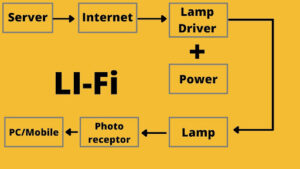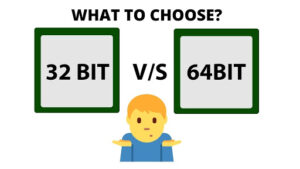COMPILER & INTERPRETER
COMPILER
When a software program translates computer code written
in one programming language into another language, we can call it a ‘compiler’.
The process of translation is called compilation. Compilers are an essential
tool for software developers, as they allow them to write code in a high-level
programming language that is easier for humans to read and understand, and then
convert that code into machine language that can be executed by a computer.
There are two main types of compilers: those that translate code from a high-level language into machine language, and those that translate code from one high-level language into another high-level language. The first type of compiler is called a “native compiler,” while the second type is called a “transpiler.”
The process of compilation involves several steps. First, the compiler scans the source code and checks it for errors. If any errors are found, they are reported to the developer so that they can be corrected. Once the code has been checked and any errors have been fixed, the compiler generates an intermediate representation of the code, which is then optimized by the compiler to produce the most efficient machine code possible.
There are many benefits to using a compiler. One of the main benefits is that it allows developers to write code in a high-level language that is easier for humans to read and understand. This makes it easier for developers to write and maintain complex programs. Additionally, compilers can optimize the machine code they generate, which can result in faster and more efficient program execution.
In conclusion, a compiler is a software program that translates computer code written in one programming language into another language. Compilers are an essential tool for software developers, as they allow them to write code in a high-level language that is easier for humans to read and understand, and then convert that code into machine language that can be executed by a computer.
INTERPRETER
An interpreter is a software program that executes
instructions written in a programming or scripting language. Unlike a compiler,
which translates source code into machine code that can be executed directly by
a computer, an interpreter reads and executes the instructions in the source
code one line at a time.
There are two main types of interpreters: those that execute instructions written in a high-level programming language, and those that execute instructions written in a script. High-level programming languages are those that are designed to be easy for humans to read and understand, such as Python, Java, and C++. Scripts, on the other hand, are programs that are written in a simpler language and are intended to be run from the command line or as part of a larger program.
One of the main benefits of using an interpreter is that it allows developers to write and test code quickly, as there is no need to compile the code before it can be executed. This makes it an attractive option for developers who are working on small programs or who need to test code quickly. Additionally, interpreters are often easier to use than compilers, as they provide real-time feedback and error messages, making it easier for developers to identify and fix any issues with their code.
On the other hand, there are also some drawbacks to using an interpreter. One of the main drawbacks is that interpreted code is generally slower to execute than compiled code, as the interpreter, must read and execute each instruction in the source code one line at a time. Additionally, interpreters can be less efficient than compilers in terms of memory usage and CPU utilization.
In conclusion, an interpreter is a software program that executes instructions written in a programming or scripting language. Interpreters are often used for small programs or for quickly testing code, as they provide real-time feedback and do not require the code to be compiled before it can be executed. However, interpreted code is generally slower to execute than compiled code, and interpreters can be less efficient in terms of memory usage and CPU utilization.







Thanks for reading this complete post with full of your energy.